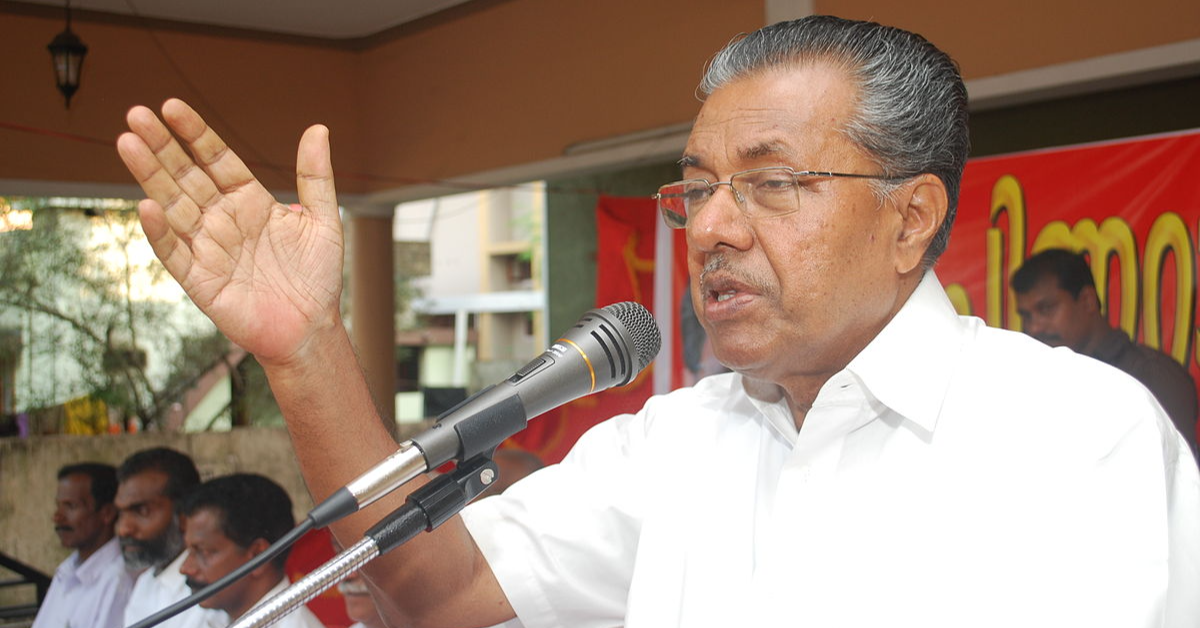What Can We Learn From Kerala About Eradicating Poverty?
Atul Chandra , Researcher, Tricontinental Research (India)
10-Jun-25 15:00

Embed Podcast
You can share this podcast by copying this HTML to your clipboard and pasting into your blog or web page.
Close
By November 2025, Kerala is set to become India’s first state to entirely eradicate extreme poverty. One of the key reasons is the highly successful Extreme Poverty Eradication Project that the state government embarked on. But the interesting thing about Kerala is that while this specific project is fairly new, the state has been the benchmark in the country for development and social wellbeing for decades.
The South Indian state has the highest literacy rate in the country, the highest literacy rate among women in the country, its infant mortality rate is on par with the most developed countries, it was the best state in India at managing the Covid-19 pandemic, it has the world’s first solar-powered airport, an incredible sustainable eco-tourism landscape, and the list goes on and on.
The question: how did they do it? What can we learn from them?
In this episode, we speak to Atul Chandra, Researcher, Tricontinental Research Institute. He also recently penned an article for the People’s Dispatch describing Kerala’s efforts in eradicating extreme poverty.
Image Credit: Wikimedia / Creative Commons
Produced by: Dashran Yohan
Presented by: Dashran Yohan
This and more than 60,000 other podcasts in your hand. Download the all new BFM mobile app.
Categories: international
Tags: cpim, the bigger picture, beyond the ballot box, kerala, india, socialism, neoliberalism, poverty, literacy, women's rights,

